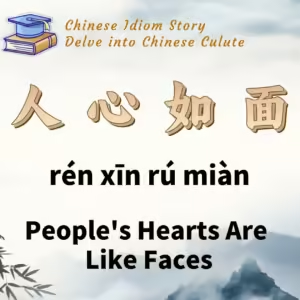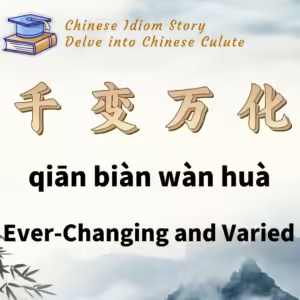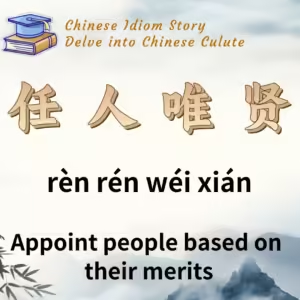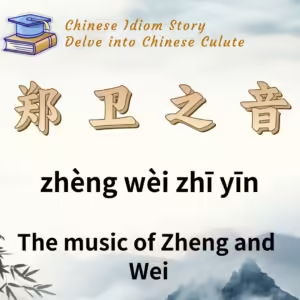
Chinese Idiom: 人心如面 (Ren Xin Ru Mian)
English Translation: People’s Hearts Are Like Faces
pīn yīn: rén xīn rú miàn
Idiom Meaning: People’s thoughts and feelings are as varied as their faces. It implies that each person’s mind is unique and cannot be generalized.
Historical Source: “The Zuo Commentary” (Zuǒzhuàn) – Year 31 of Duke Xiang’s Reign.
Idiom Story: During the Spring and Autumn period, a statesman named Zi Pi from the State of Zheng planned to appoint Yin He, a junior official with little experience, to oversee his territory. Many doubted Yin He’s capability to handle such an important role due to his lack of experience.
Zi Pi sought advice from Zi Chan, a senior advisor. Zi Chan expressed concern about Yin He’s youth and inexperience, suggesting that such a critical position might be beyond him. However, Zi Pi insisted on his choice, praising Yin He’s cautious and earnest nature and his loyalty, believing that with time, he could learn and manage effectively.
Zi Chan countered, using several analogies to illustrate his point. He compared the situation to giving a sharp knife to someone who doesn’t know how to use it, risking damage. He also likened it to entrusting a valuable piece of silk to an unskilled tailor, fearing it would be ruined. Zi Chan argued that just as Zi Pi would be careful with valuable silk, the welfare of the people, which the official position impacts, should be handled with even greater caution.
Zi Chan continued, using a hunting analogy. He explained that someone inexperienced with a cart and bow would likely fail at hunting and might even endanger themselves. Similarly, a person unprepared for governance could cause significant harm.
Hearing this, Zi Pi realized the wisdom in Zi Chan’s arguments. He acknowledged his mistake in undervaluing the importance of experience in leadership roles and expressed his gratitude for the advice. He vowed to follow Zi Chan’s counsel in both public and personal matters.
Zi Chan responded that people’s hearts and thoughts are as different as their faces, indicating that his concerns were based on his own perspective. He could not assume Zi Pi’s thoughts would align perfectly with his.
Ultimately, Zi Pi trusted Zi Chan with the governance of Zheng, leading to effective and orderly management of the state.
This story reflects the idea that individual perspectives and judgments are unique, and understanding them can prevent missteps in important decisions.






